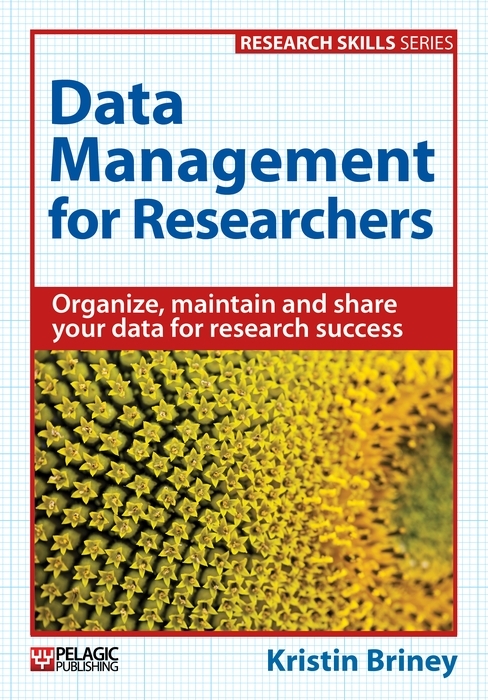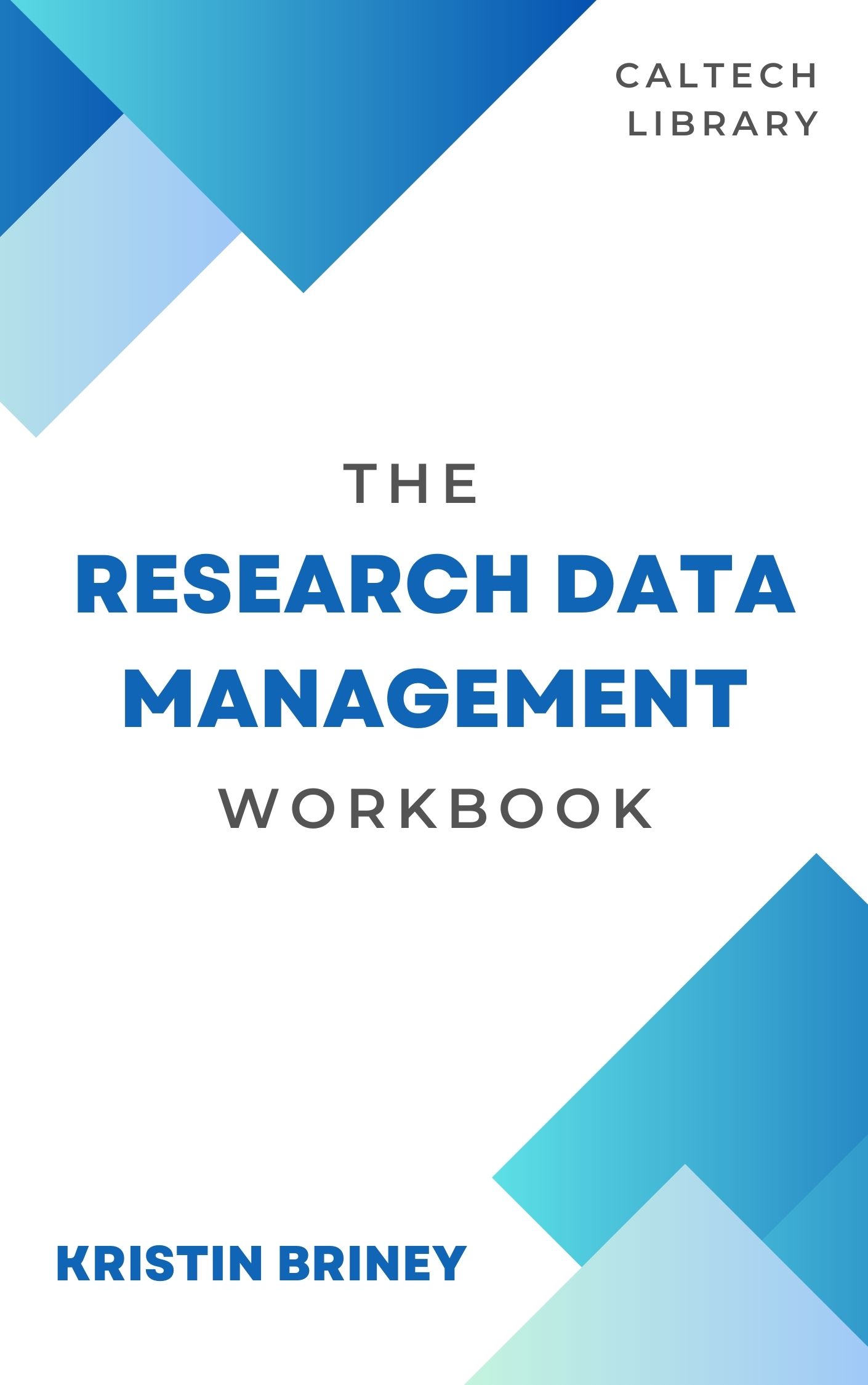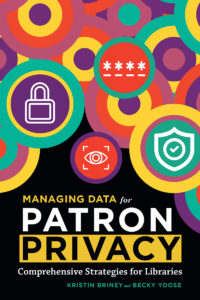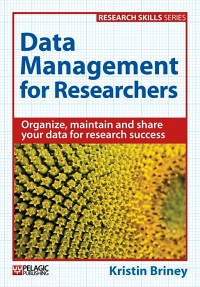It’s only January, but it’s looking like one of the biggest trends of 2016 is going to be linking every researcher to a unique ID. I’m speaking, of course, of ORCID numbers and the recent news that even more publishers are now requiring authors to have an ORCID number when they publish articles in their journals. So if you don’t have an ORCID number, now is the perfect time to get one!
So what’s the big deal with these 16-digit numbers and why would anyone want to be a number?
The problem is best illustrated by the John Smith’s and Zhang Wei’s of the world; have you ever tried to find a paper by someone when there are at least 2 people with that name in the same subfield? The problem is further exacerbated by the fact that people change institutions, women change their name after marriage, and that journals don’t abbreviate names in the same way. How is anyone supposed to find someone else’s scholarship, let alone keep track of their own complete scholarly record?
The answer is to correlate a unique number to each researcher. That way, you know that 0000-0003-1802-0184 always means me and only me. I’m lucky to have a pretty unique name, but I’ve also worked at multiple institutions and in two completely different fields (chemistry and librarianship). Having an ORCID number means that someone else can find all of my scholarly work in an easy way.
I’ve been a big fan of ORCID for a while now and am very excited to see these major adoption milestone happening. I know that many people have already grabbed their own ORCID numbers and now is definitely the time to claim your number if you haven’t! Getting an ORCID number is free and pretty straightforward. Registration is quick, though it may take a little time to associate all of your old papers with your new number when you fill out your profile. Once this is done, however, it’s very easy to maintain your ORCID by occasionally adding new publications. More information can be found at orcid.org.
I really expect that the recent news about ORCID integration will only be the tipping point for this useful system. So don’t be surprised if your publisher, funding agency, or other research-associated organization starts asking for your ORCID soon. This means that you’ll want claim an ORCID number of your own, if you haven’t already. 2016 is likely to be the year that you need it.





